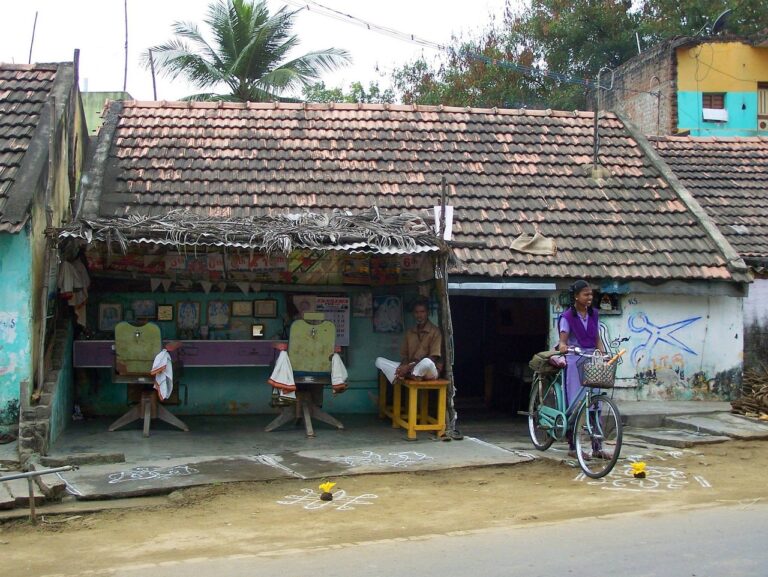Incorporating Language Access Services in Campaigns
11xplay, india 24 bet login registration, skyiplay:Incorporating Language Access Services in Campaigns
Are you looking to expand the reach of your campaign to a more diverse audience? Incorporating language access services into your strategy can help you effectively communicate with communities that speak different languages. By ensuring that language is not a barrier to participation, you can engage with a broader range of individuals and drive meaningful impact. In this blog post, we’ll explore the importance of language access services in campaigns and provide tips on how to effectively integrate them into your outreach efforts.
Why Language Access Services Matter
Language access services, such as translation and interpretation, play a crucial role in ensuring that communication is effective and inclusive. When individuals do not speak the same language, misunderstandings can arise, leading to miscommunication and alienation. By providing language access services, you can break down these barriers and create a more welcoming and inclusive environment for all participants.
In the context of campaigns, language access services can help you connect with communities that may otherwise be overlooked. By speaking the language of your audience, you can tailor your message to resonate with their values, beliefs, and priorities. This level of cultural competency can enhance the effectiveness of your campaign and foster stronger relationships with diverse communities.
Tips for Incorporating Language Access Services
1. Identify Your Target Audience: Before incorporating language access services into your campaign, it’s essential to identify the languages spoken by your target audience. Conduct research to understand the demographics of the communities you aim to reach and determine the languages that are most commonly spoken.
2. Work with Professional Translators and Interpreters: When it comes to language access services, quality matters. Partner with qualified translators and interpreters who are fluent in the languages you need. Professional linguists can ensure that your message is accurately conveyed and culturally appropriate.
3. Provide Written Materials in Multiple Languages: If you’re creating written materials for your campaign, consider translating them into multiple languages. This can help you reach a wider audience and make your messages more accessible to individuals who may not speak English as their primary language.
4. Offer Interpretation Services at Events: If you’re hosting events as part of your campaign, consider providing interpretation services to help non-English speakers fully participate. This can include on-site interpreters or remote interpretation services, depending on the format of your event.
5. Train Your Team on Cultural Competency: It’s essential for your team to understand the cultural nuances of the communities you’re engaging with. Provide training on cultural competency to ensure that your staff can effectively communicate and build relationships with individuals from diverse backgrounds.
6. Evaluate and Adjust Your Strategy: As you incorporate language access services into your campaign, regularly evaluate their effectiveness. Seek feedback from participants and adjust your strategy as needed to ensure that you’re meeting the needs of your audience.
Incorporating language access services into your campaign can help you break down communication barriers and connect with diverse communities in a meaningful way. By investing in translation, interpretation, and cultural competency, you can create a more inclusive and effective campaign that resonates with a broader audience.
FAQs
Q: How can I determine the languages spoken by my target audience?
A: Conducting research on the demographics of the communities you aim to reach can help you identify the languages spoken by your target audience. You can also engage with community-based organizations and local leaders to gather insights on language preferences.
Q: What are some best practices for working with professional translators and interpreters?
A: When working with professional linguists, it’s essential to provide clear instructions and context for the materials they will be translating or interpreting. Additionally, establishing open communication channels and providing feedback can help ensure that the final product meets your expectations.
Q: How can I measure the effectiveness of language access services in my campaign?
A: You can measure the effectiveness of language access services by tracking engagement metrics, such as the number of participants from different language groups, feedback from participants on the quality of language services, and changes in audience demographics over time.
Q: What are some common challenges in incorporating language access services into campaigns?
A: Some common challenges in incorporating language access services include budget constraints, finding qualified translators and interpreters, coordinating logistics for language services at events, and ensuring cultural competency among staff members.
By addressing these challenges proactively and investing in language access services, you can overcome barriers to communication and create a more inclusive and impactful campaign.







